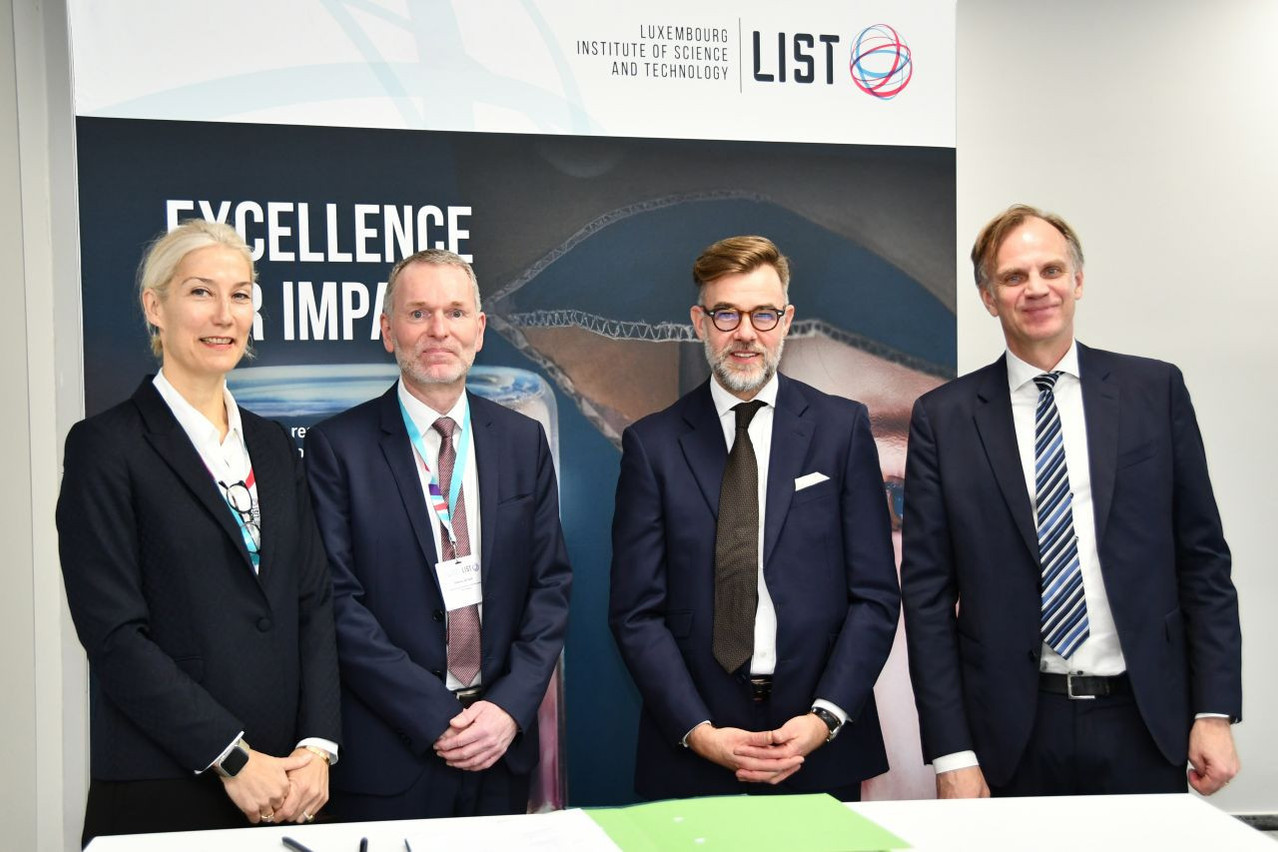Launched by the materials department of the (LIST), the new innovation centre will develop composite materials that have a low carbon footprint and address needs in the transport sector. It will be accompanied by Toyota, Airbus, Thales Alenia Space and Alstom.
The goal is to use more biosourced or recyclable materials to develop ultra-light functional parts, such as automobile bodies, structural elements of vehicles or hydrogen tanks, and to create industrial processes that do not emit a lot of carbon.
“The ultralight composite materials developed within this centre are designed with sustainability in mind,” said LIST CEO . “We are committed to sustainability and are excited to offer these innovative materials and solutions to partners in this first research programme of this kind in Luxembourg.”
Economy minister (LSAP) added: “The new innovation centre at LIST allows Luxembourg to play, where appropriate, a pioneering role in this field which constitutes a tremendous opportunity making both the economy and more sustainable society.”
The transport sector is expected to be transformed in the coming years, with a shift towards trends like electric vehicles or urban air mobility. The SCMM will help apply results from research to the real economy.
To work with the new innovation centre, access the results of research projects and use the industrial property developed, interested companies, such as those in the automotive, aeronautic, rail or space domains, must become members and pay an annual fee.
